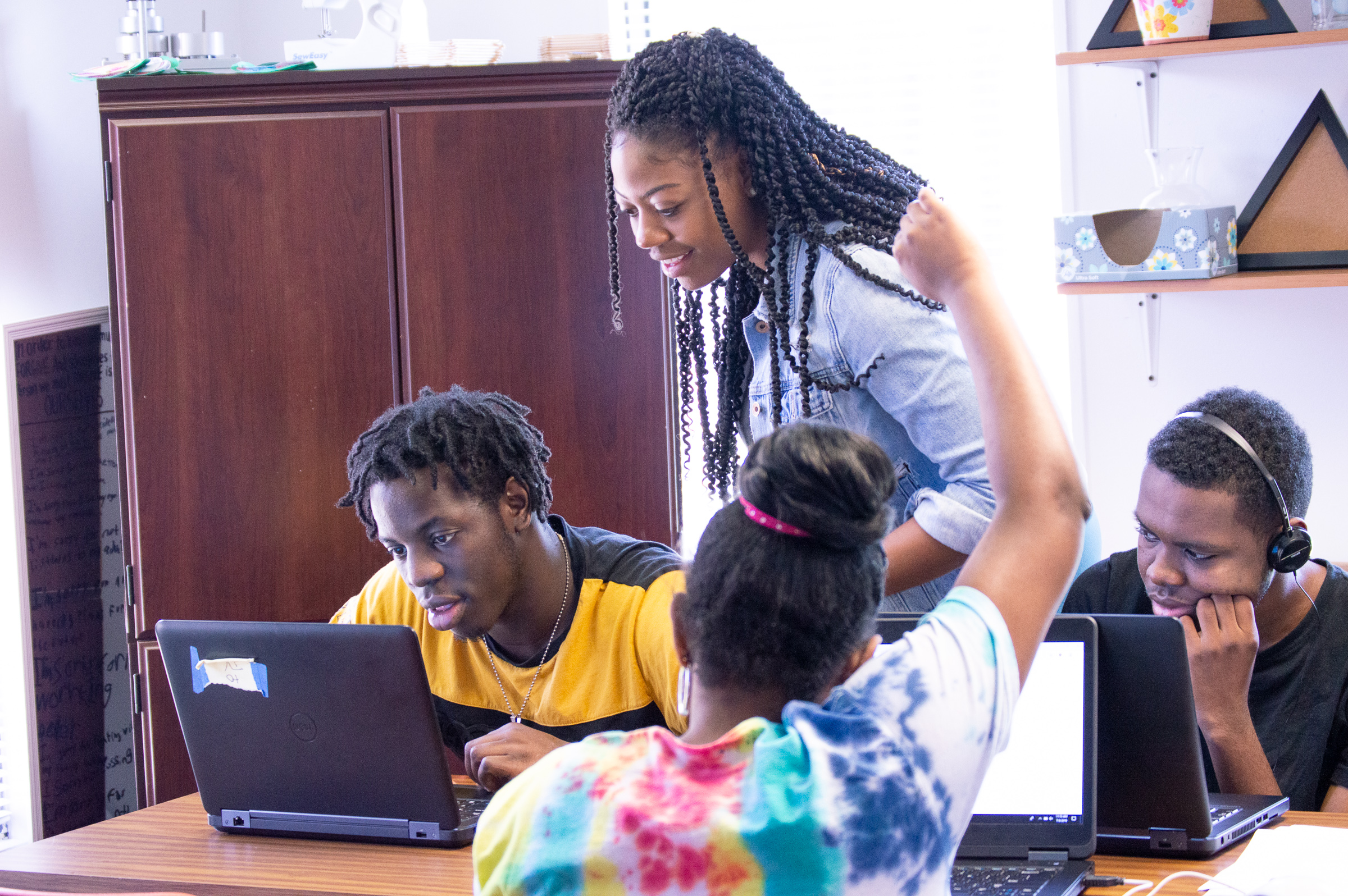
Trust: The Center of Everything We Do
iCan Dream Center (ICD) has many programs. We are an ISBE Approved Transition Program helping young adults with disabilities develop the skills to reach their full adult potential, a therapeutic after school program, a credit recovery program, an ABA counseling program and more. At the center of all of these is the concept of trust. Our team understands that any true learning or growth starts there.
Professor of Psychology David Yeager communicates that “When students have lost trust, they may be deprived of the benefits of engaging with an institution, such as positive relationships and access to resources and opportunities for advancement” (Walker, 2017). This seems like an obvious statement. Students who don’t trust their teachers and advocates won’t be able to open up and take risks and those two abilities are central to real development and life-long learning. A distrustful young person carries the fear of being judged, tricked or disrespected. This is a fear that unfortunately is legitimate and has been learned through negative life experience for many.
According to several studies, the trust issue is even more predominant in minority populations, which leads to even a larger gap in academic and post-secondary achievement within those groups. According to a 2017 article (Blad, 2017), researchers found that “Black and Hispanic students, who often bear the brunt of inconsistent school discipline, are less likely than white peers to trust their schools.” It is this “trust gap” that accounts for the achievement gap in many cases and this has life-long effects.
ICD has always approached education and development from a therapeutic mindset and it’s infused into everything we do from our regular group and individual social work programs to our daily building wide use of the Zones System to know in real time what our students are feeling so we can address those feelings. A student that trusts will open themselves up to everything being offered to them. A student that trusts will be able to reach the vary zenith of his or her potentials regardless of disability or prior socialization. This is something ICD knows and it is and will continue to be the foundation upon which we build our programs.
References:
Walker. (2017, February 23). The ‘Trust Gap’ in Schools … And How Teachers Can Help Close It. Retrieved April 18, 2020, from http://neatoday.org/2017/02/23/trust-gap-students-teachers/
Blad. (2017, February 14). When School Doesn’t Seem Fair, Students May Suffer Lasting Effects. Retrieved April 17, 2020, from https://www.edweek.org/ew/articles/2017/02/15/when-school-doesnt-seem-fair-students-may.html
